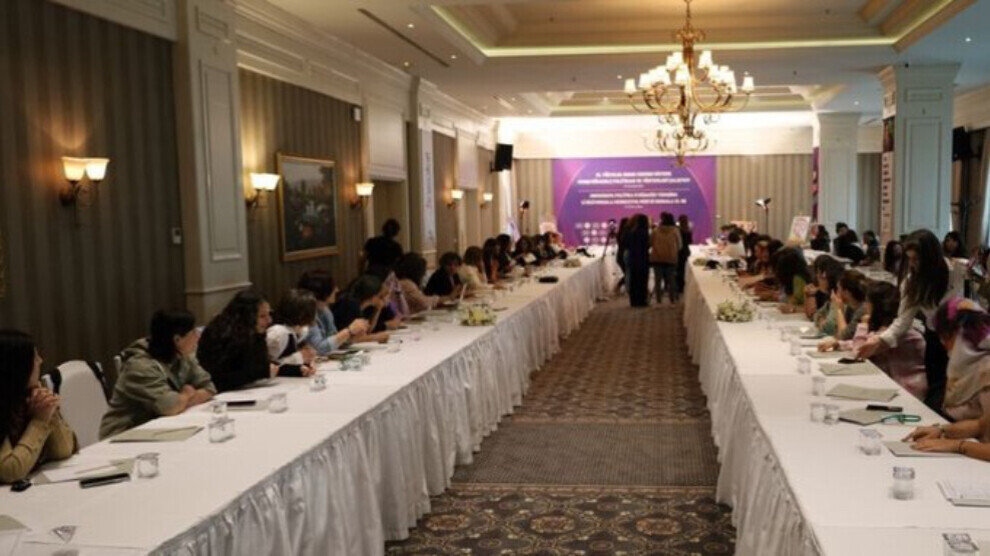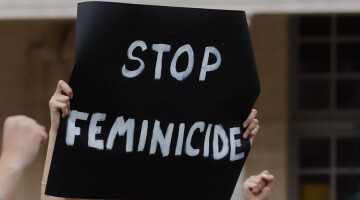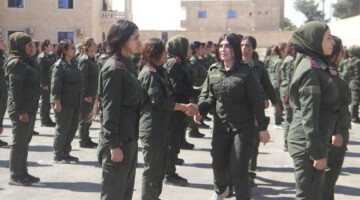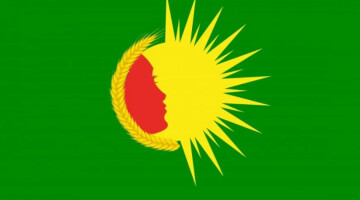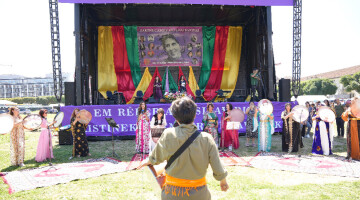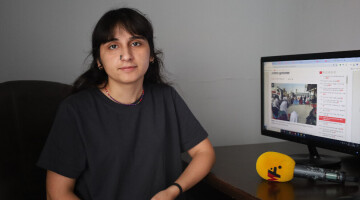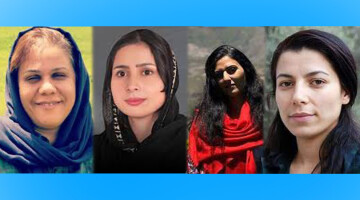The two-day workshop on ‘Politics and Methods of Struggle against the Male Dominated System in the 21st Century’ organised by Jineolojî (Women’s Science) magazine in Van started with the participation of DBP (Democratic Regions Party) Co-Chair Çiğdem Kılıçgün Uçar, Kurdish politician Sebahat Tuncel, women MPs, co-mayors and many women. Derya Aydın from the Jineolojî magazine made the first speech of the workshop held in a hotel in Van province.
Derya Aydın started her speech by commemorating Academician Nagihan Akarsel, member of the Jineolojî Research Centre and Editor of the Jineolojî magazine, who was murdered in Sulaymaniyah on 4 October 2022, and 8-year-old Narin Güran, who was murdered in Amed (Diyarbakır) on 21 August 2024.
Stating that there are currently intense debates on violence and the visibility of violence, Derya Aydın said: “Wars are going on all over the world in a very tough way. Women are the most affected by these wars. Despite the long-standing women's struggle, especially the feminist struggle that has been going on uninterruptedly for 200 years, women's gains are under threat all over the world. Today, women are subjected to gang rape in France, in the centre of Europe. In the Middle East, women were the power that could have fuelled a spring. Women fought at the forefront of this spring, but the male-dominated power and misogynist governments are today confiscating all the gains of women. In Latin America, women have been struggling against all kinds of violence of the dirty war for years. In Turkey and Kurdistan, women's experience of struggle is older than the republic. Women have been struggling for more than a hundred years. Their presence in the public sphere, the guarantee of their rights in the law, their presence on the political scene are all the result of a long struggle.”
However, Derya Aydın said that all rights and gains of women are under great danger today and continued as follows: “Especially with the escalation of the war after 2015, the achievements of the feminist movement, especially the Istanbul Convention, and the gains of women in Turkey and Kurdistan are under great danger today. There is a very serious new spiral of violence in the Kurdistan geography. We are faced with very different forms of colonialism. All the gains of women in the field of labour, ecology and in prisons as a whole are under threat. After the State of Emergency was declared, the trustees wanted to close down all women's institutions and attacked women's achievements. In this context, Jineolojî magazine and Jineolojî as a whole are trying to weave a new thought, a new science and a new line of struggle by inheriting the accumulations of the women's struggle in Kurdistan. Jineolojî inherits the experiences of women's struggle dating back to pre-class society, the feminist struggle and the experiences of the women's struggle in the Middle East. In addition, it inherits the experiences of Kurdistan women's struggle, which has been going on uninterruptedly in Kurdistan for half a century.”
Stating that Jineolojî does not only weave a line of struggle, Derya Aydın said, “It also opposes the epistemological domination of the west in the Middle East for many years, and the western-centred understanding as a whole in knowledge production processes. It is trying to create a new theory of knowledge, and a new tradition in the field of knowledge and science. The production of science is always a controversial process. The questions of who produces science, to whom the produced science serves and for what purpose it is used is an issue that women have been discussing for many years. Especially in universities and academies, as an achievement of feminism, women's studies departments are conducting research on the production processes of science. While examining the patriarchal codes of the 5,000-year-old class society, Jineolojî also aims to put forward a women's libertarian science in the face of this. It tries to put forward a struggle against not only the science produced by the state, but also colonialism and colonial violence in Kurdistan.”
Derya Aydın finally said the following: “The Jineolojî magazine turned 10 years old today. Our magazine has continued to work uninterruptedly for 10 years. We cover the struggle of women in four parts of Kurdistan. It is not a theoretical magazine; it is a source where women all over the world form common networks and common grounds of struggle with women from Kurdistan and where the struggle accumulates. The magazine brings together not only the women's movement, but also all women's struggles intersectionally, including labour, the struggle against ecocide, animal rights, human rights and the struggle of women who are involved in this struggle as a whole but who defend women's freedom.”
The workshop continues.

